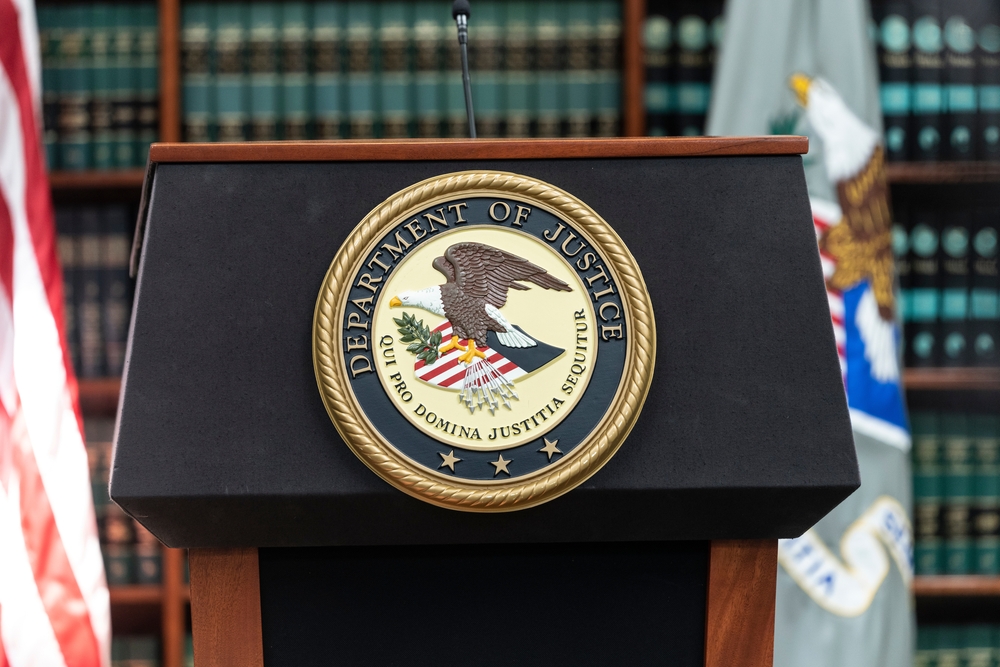
Mayor Rahm Emanuel took Chicago’s legitimate defense of the sanctuary city concept to court Monday, challenging the Trump administration’s effort to compel Chicago cops to cooperate with the feds on immigration investigations.
This fight has been building since President Donald Trump took office, issuing intemperate warnings of “bad hombres” and drawing excitable connections that do not exist between immigrant populations and crime problems in Chicago and elsewhere.
We’d like to think that the sooner the sanctuary city sideshow is cast aside by the courts, the sooner Congress might take up the substantive issue of immigration reform, which would bring millions of people out of the shadows. But we’re not in the business of handicapping the courts, or Congress. All we can do is hope logic prevails, and the Trump administration is forced to abandon this immigration stunt because it’s not a recipe for making Chicago safer.
The city’s lawsuit, filed Monday in U.S. District Court in Chicago, challenges the Justice Department‘s attempt to, in effect, deputize the Chicago Police Department as part-time U.S. Immigration and Customs Enforcement agents. Attorney General Jeff Sessions wants police to identify and hold onto anyone they come across who appears to be in the country without permission, until ICE can investigate. When we say Sessions “wants” Chicago’s help, actually he’d be requiring cooperation in exchange for financial assistance. Unless the city agrees, the Justice Department says it will withhold federal grant money that can be used for a broad array of local crime prevention programs.
That money comes from the Edward Byrne Memorial Justice Assistance Grant Program, a longstanding federal initiative created by Congress to support law enforcement. Chicago has used annual Byrne money for things like new police vehicles and community policing outreach. This year the city plans to apply for $3.2 million, but the Trump administration has changed the rules. To get the money, the Justice Department will now require the city to share information on the immigration status of arrestees and hold those people for 48 hours to give immigration officials a chance to intervene. As part of the new arrangement, the feds would be given unlimited access to local police stations and other law enforcement facilities for interrogation.
To read more click here.




